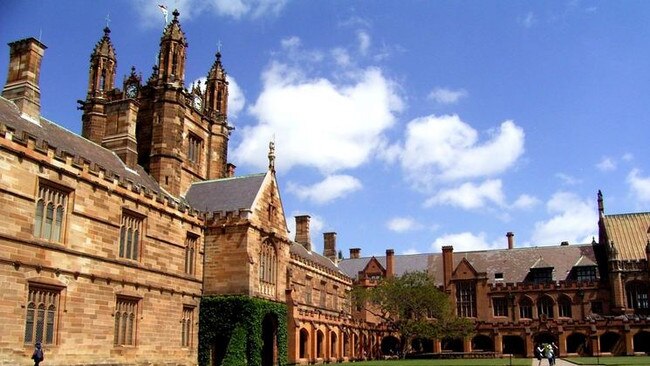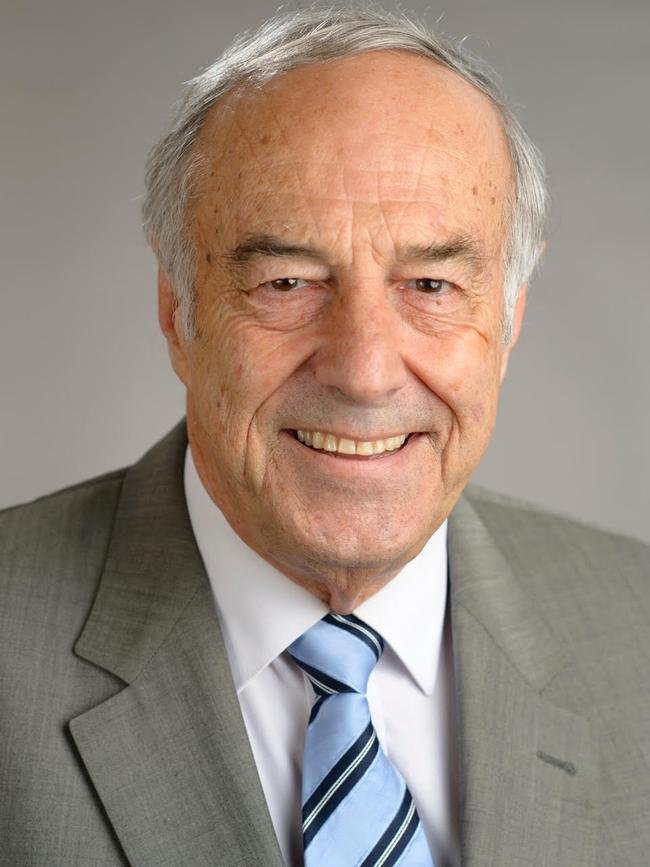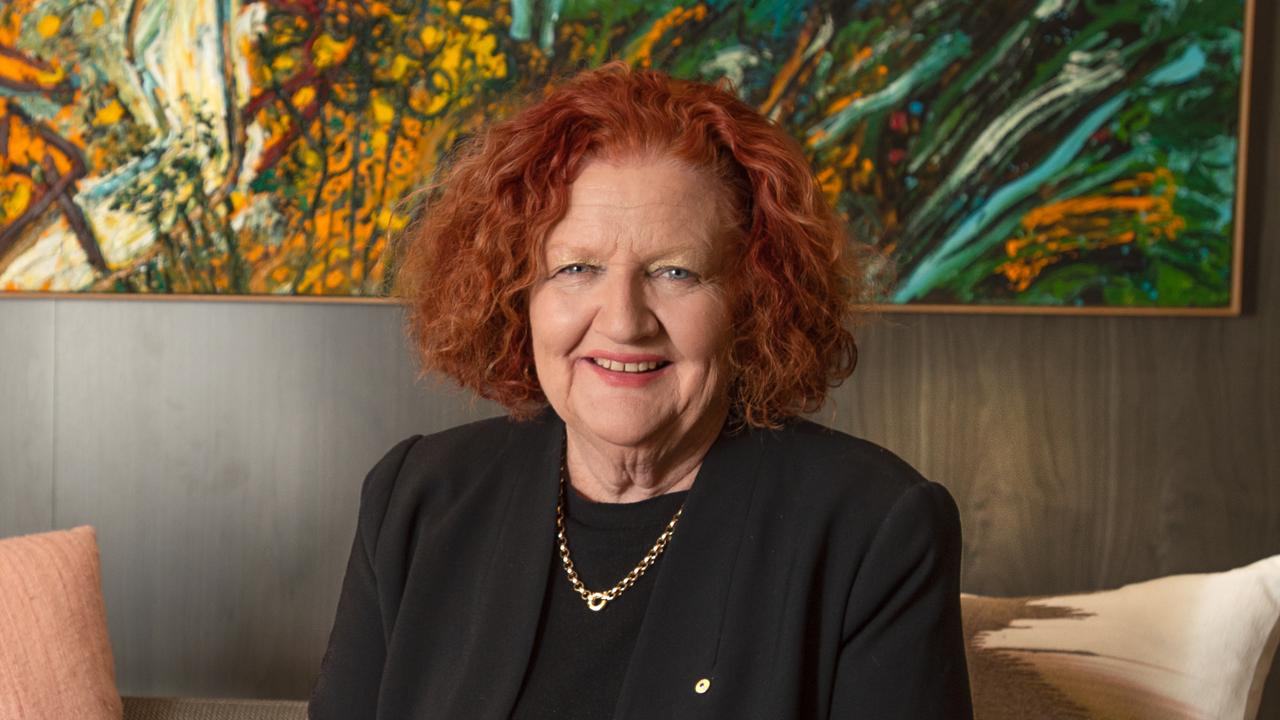Engagement and trust at Sydney University at “rock bottom”

He is in the top 2 per cent in his field globally and dedicated to research, teaching, his graduate students and service. That service includes his presidency of the University of Sydney Association of Professors and leadership roles with the Australian Association of Professors and Public Universities Australia.
USAP champions academic values and standards while opposing abuses of academic freedom, policies and people. Among its contributions are a national conference in 2018 that produced The Ten Pillars of a University, a statement on the role of the university professor, and – currently under development – a draft academic manifesto.
Why is this definition and assertion of academic principles and values necessary now? Because in recent years there has been an almost complete inversion of management in universities.
The intellectual and strategic leadership in ideas, teamwork and innovation was traditionally provided by the academy. So was teaching, learning, frontier knowledge creation and education. This leadership benefited society in all fields of medicine, science, social sciences and the humanities, drawing on deep appreciation of the disciplines to gain integrated and complex, multilayered advances.

However, the academy has sunk to the bottom of the ocean. A new regime dominated by corporate and managerialist administrators has emerged. The number of administrators now often outnumbers academics, and the culture of managerialism, imposed top down by tick-the-box bureaucrats, risks wounding the university and the academy. There is a multiplication of deputy and pro vice-chancellors (and sometimes pseudo “professors of practice”). The ironic criterion for most of these is that they cease their teaching and research immediately on appointment, to sit at an expanding galaxy of meetings. Good administrators are gold – but that is not what we are getting.
Good academics are also gold because they are the currency of international success and reputation for a university. They must have academic freedom to operate, and a minimal effective and supportive administration, to win against fierce international competition. They are dedicated to research, teaching and service. For them there is no inclination, or time, to waste in fighting a tone-deaf administration, but that is what they are forced to do satisfy the demands and sign-offs required.
University of Sydney vice-chancellor Mark Scott took up his appointment in 2021 at a pivotal point in these developments. He inherited 12 years of inversion, with high staff turnover, low morale and the inevitable power corruption of the authoritarian university. To be blunt, the rapid expansion of management has created some slots that are filled by undeserving bureaucrats. They implement a top-down style, with workplace bullying and coercive control of staff who are not compliant and submissive. Academics become slaves to feed the annual rankings.
USAP wrote to Mark Scott and the university Senate in three letters in 2021 and 2022 expressing an absolute commitment to support him. USAP suggested that he had a historic opportunity to change and strengthen university collegiality and teamwork by eliminating malpractice; championing the policies and code of practice (that were widely ignored and abused); appointing an ombudsman; and establishing an independent inquiry into the more egregious cases.
What progress has been made, in collegiality and cultural reform, in the past two years?
To be fair, Scott and the executive of the University of Sydney have achieved some significant successes. These include, as stated in his first staff meetings from October 2021, the priorities of Covid, Canberra and China. The navigation through Covid, the improvement of relations with government, and the retention and expansion of Chinese student numbers – and consequently the financial strength of the university – are achievements.
Scott emphasised in 2021 that he wanted to foster a culture of engagement and trust. But he replied to USAP, after several weeks ignoring its letters, that he was satisfied with the operation by management of the policies and code of practice. Two years on, we have a further series of avoidable cases – and now the travesty of the Sydney Listens staff survey this year where the results, which were promised to be transparent, were suppressed. Apparently it found that 73 per cent of academics have lost confidence in the university executive.
Is this culture the reason we now have the sacking of the president of the University of Sydney Association of Professors, for doing his duty and being a whistleblower?
He is unanimously supported by the USAP council (unanimous support is a rare thing among professors in academia!). Is that why an internal inquiry committee with a very new dean, an external “dispute management consultant” and one academic (who opposed the sacking) was implemented with undue haste to recommend his dismissal? This rotting farce brings our university into disrepute.
As president of USAP, Graeber made public interest disclosures about serious misconduct in the university. Hello, Catch-22 – he is sacked for misconduct. The university has all the legal and managerial resources to play this along indefinitely, while Graeber is a single academic with the moral but not the financial resources to prevail. The only recourse is publicity, which we do not want.
There is at least a prima facie case that this is a serious abuse and miscarriage of policy, process and practice. That is why an independent external inquiry, with the terms of reference to examine the case (which will open a Pandora’s box of others) is urgently required to turn back the careless and cynical behaviours emerging out of the university. There is a lengthening list of case histories. Engagement and trust are at rock bottom.
Is Sydney listening?
John Hearn is a professor in biomedical sciences and in global research capacity development. He served for seven years in senior leadership roles at five global universities, including deputy
vice-chancellor research at the Australian National University and deputy vice-chancellor academic and international at the University of Sydney, with which he has been associated since his graduate student days in 1969. He is executive chairman of the Australia Africa Universities Network and of Hearn International Pty Ltd.



On November 3, the University of Sydney dismissed Manuel Graeber, who is a distinguished academic scholar, medical doctor and professor, studying brain tumours and the onset of Alzheimer’s disease.